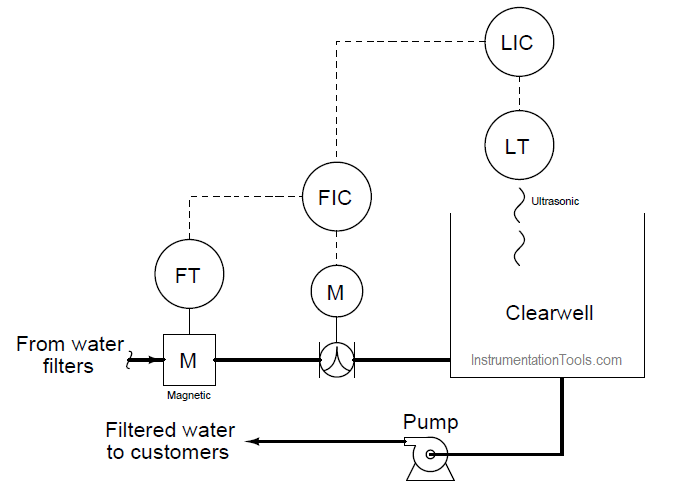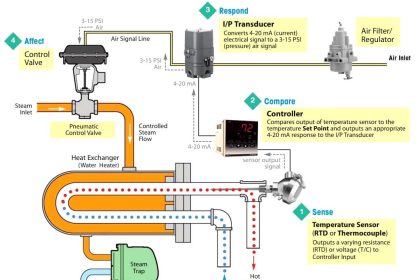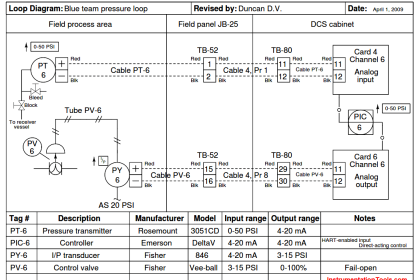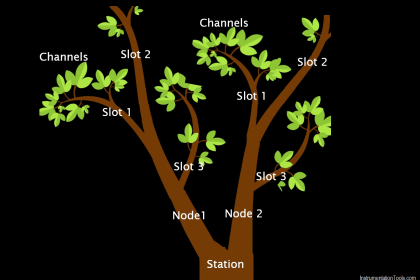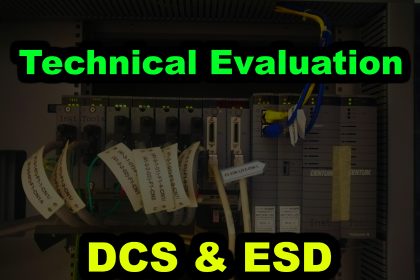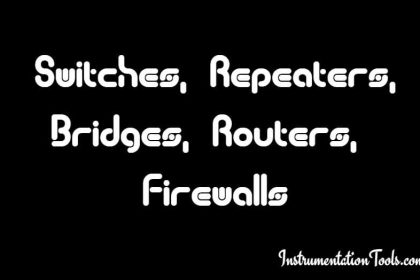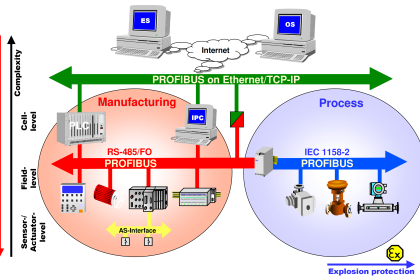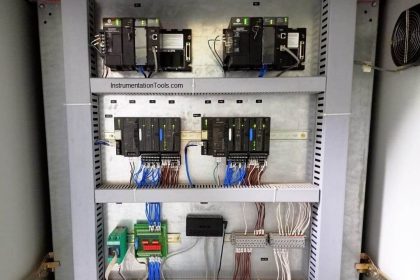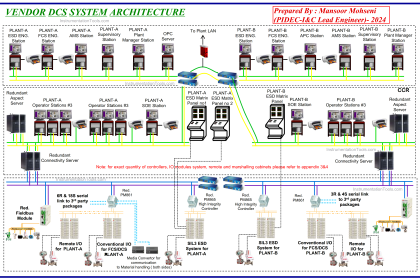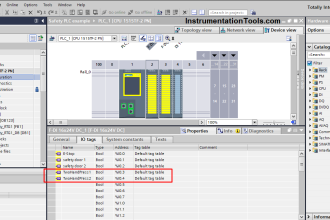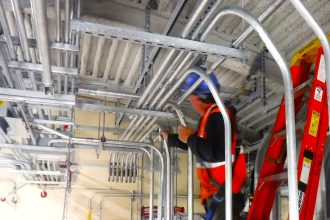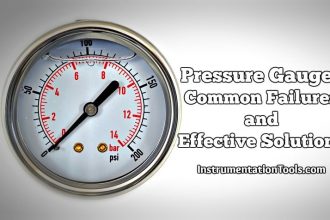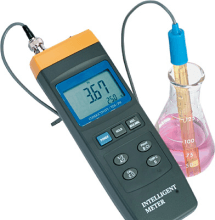In this example problem, we discuss about both LIC and FIC controllers and what will they do over time if the flow or level transmitter fails or if control valve not working in the loop.
This clearwell water level control system for a drinking water treatment facility maintains a constant level of water following filtration, for sourcing to customers:
What LIC and FIC Controllers will do?
Question 1:
Determine what both controllers (LIC and FIC) will do over time if the flow transmitter fails in such a way that it registers zero flow regardless of the actual flow rate of water through it.
Assume the level transmitter is direct-acting (i.e. greater signal with greater water level) and that the control valve is signal- to-open (fail closed).
Question 2:
Determine what both controllers (LIC and FIC) will do over time if the control valve fails in such a way that it ignores the controller’s output and opens wide.
Assume both transmitters are direct-acting (i.e. greater signal with greater flow ; greater signal with greater water level) and that the control valve is signal-to-open (fail closed).
Answer 1:
The flow controller (FIC) will send a “full-open” signal to the valve, because its transmitter indicates the flow rate is less than it should be.
The level controller’s output will saturate low, telling the flow controller to stop the flow as the clearwell level rises well above setpoint due to the uncontrolled flow coming in.
Answer 2:
The flow controller (FIC) will send a “close” signal to the valve, because its transmitter indicates the flow rate is excessive.
The level controller’s output will saturate low, telling the flow controller to stop the flow as the clearwell level rises well above setpoint due to the uncontrolled flow coming in.
Join the Discussion! Share your answers with us through below comments section.
Read Next:
- Single Loop Controller
- Over-Tuned PID Controller
- Loop Tuning Tips
- Types of Interlocks
- Liquid Level Control
